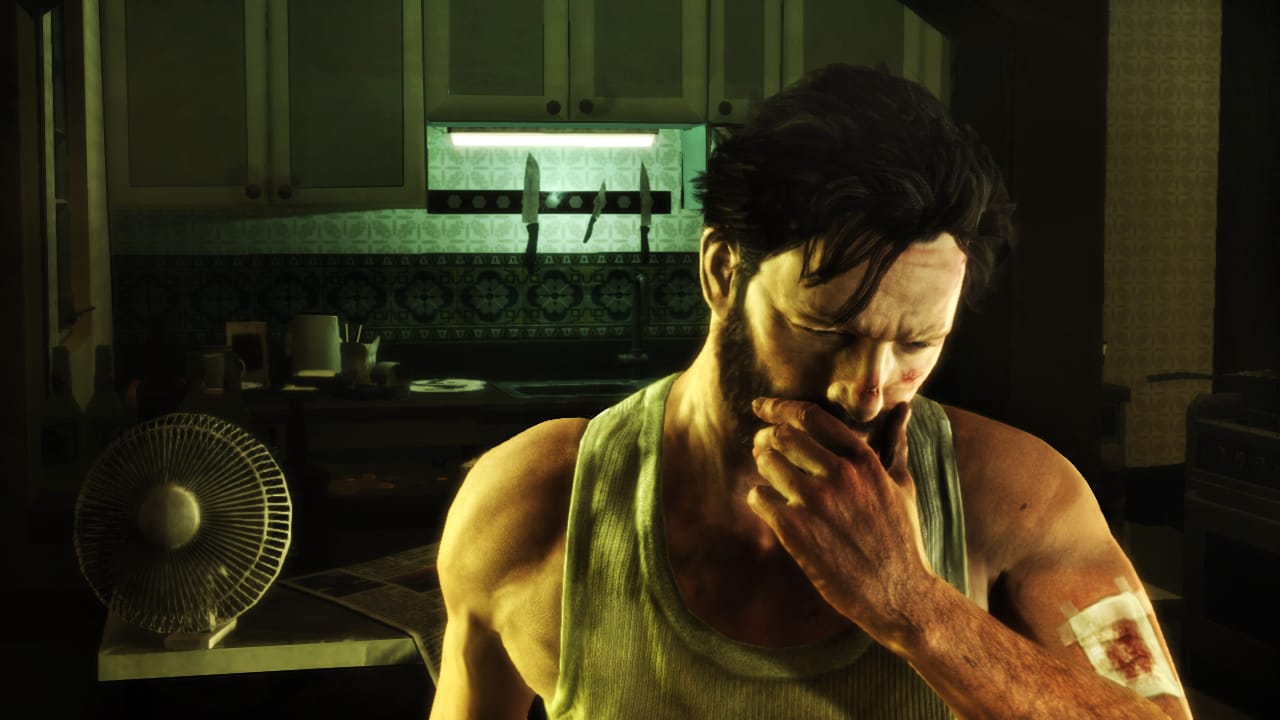Game makers go conspicuously unnoticed in Britain

Every year, The Guardian makes a list of 100 most powerful people in British media. This year, only one of them was involved in games. Could this be accurate? Tadhg Kelly doesn’t think so.
We have much more power than we realise. Although the British game industry has dropped to sixth place in the world of making big-budget broadcast-style console games, it’s still an inventive place. However, it has internalised much of this sense of being the red-headed stepchild, and this needs to change. We should be lobbying to change the name of BAFTA to BAFTGA. We should be lobbying the Guardian to add some people from the game industry onto their jury to select the MediaGuardian 100.
Newspapers are dying, TV shows are less relevant than ever and music sales continue to slide. Broadcast-style console games likewise. But games in general? Games are building gateway after gateway, and platform after platform. Players will get their news through games, socialise through games and derive their cultural queues from games. Some already do. They will want to be entertained by comedy through games, read books set in the worlds of their games and watch movies about them, too.
It’s hard to imagine that the medium with the second-largest market value only has one representive on the list. There’s always next year.



